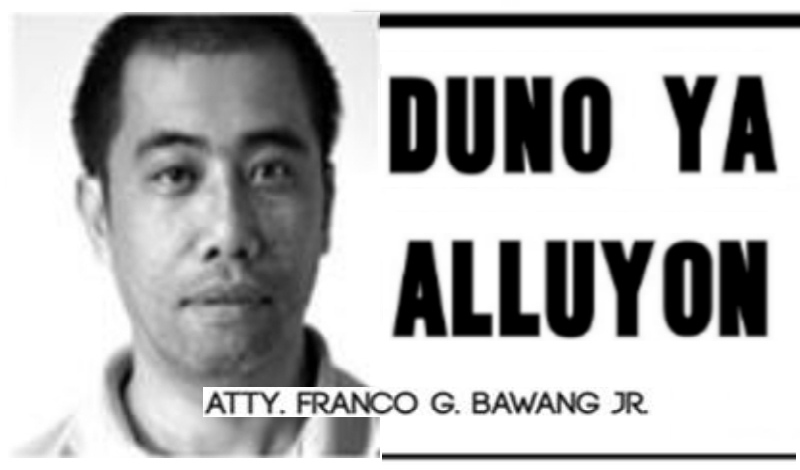We have just celebrated our 121st Independence Day as a sovereign country last June 12. That is, if we are truly independent from any colonial power since 1898. If we were, it was short-lived. Reading between the lines on the pages of historical books, the US government took over the reins of the Philippine Islands from Spain. There was just an exchange from one colonial government to another. In fact, there was a time when we once commemorated our independence on the 4th of July because that was the day the United States turned over the government to the Filipino rulers in 1946.
Speaking of independence, co-operatives enjoy very much this privilege. They are autonomous organizations that are supposed to be free from interference from non-members especially from the government. One of the time tested co-op principles is Autonomy and Independence since the 1840s when co-ops are in their formative stage in Europe. This is about self-rule and self-governance. Any act that can be interpreted as interfering in the affairs of a co-operative is an offense punishable under the Co-operative Code of the Philippines.
This is one of the reasons why the registering agency which is the CDA do not just go and meddle with co-op activities lest they will be charged for violation of the Co-op Code they are supposed to enforce. There is an exception to the rule however. When the co-op requests for assistance from the government, that is considered as a waiver on their part.
Self-help is encouraged so that they will be empowered to rely on their own selves to raise capital, manage their business and chart their own course towards economic prosperity and not dependent on government support. That is why these co-ops should federate themselves or organize co-operative unions for their training, policing their own ranks, solving their own problems and other important concerns.
With this policy in mind, there is no problem with big co-ops because they can manage and survive on their own even without government support. But for the micro and small, especially the newly registered co-ops, they need as many assistance as possible in order to be established and grow until they can stand on their feet. Be that as it may, the principle of self-help or autonomy and independence stands in the way for any attempt by the CDA to lend a hand to those co-ops in need.
So it happened, as it was bound to happen, that the CDA was accused previously of not doing anything to prevent the death of several co-ops in the past. The accusers do not know of the standing principle. It is required that a request must be made before the CDA can come in. Even the BIR is required to coordinate with CDA before any inspection or investigation by the Bureau is conducted. That coordination requirement was now removed by the TRAIN Law.
Another exception to the rule is co-op inspection. It is mandatory for every co-op to be inspected by the CDA in order monitor their compliance to existing laws and regulations. An integral part of co-op inspection is the exit conference wherein a dialogue is undertaken for clarifications, raise questions and recommendations are discussed. This is an opportunity for CDA to look into the affairs of a particular co-operative legally.
Republic Act No. 6939, the law that created the CDA or the CDA Charter is undergoing amendments. It is expected that there will be changes specially in response to the accusation that CDA cannot do anything. Important measures are put in place so that the CDA can take immediate action on erring co-op leaders and ailing co-operatives and resuscitate the dying ones.













